Blog
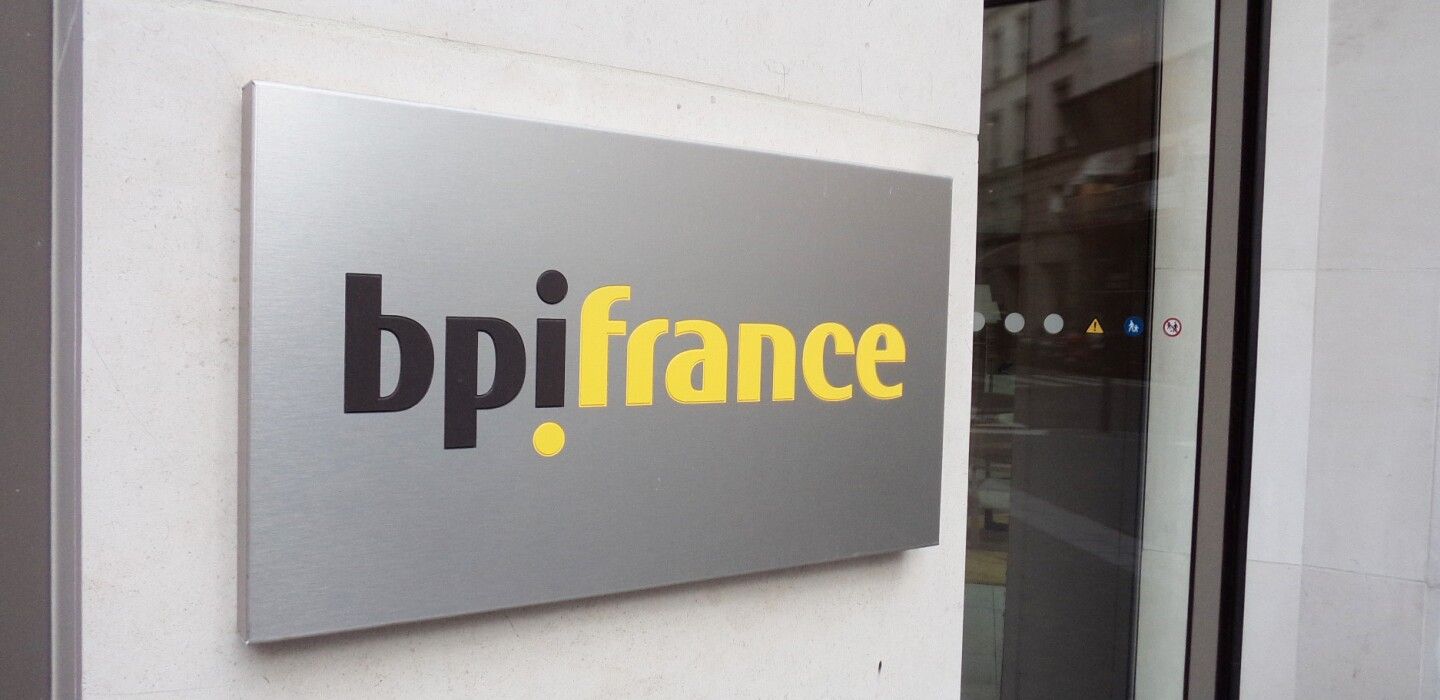
French state bank Bpifrance allocates €25M to direct crypto investment
Mar-28-2025
French state-owned investment bank Bpifrance announced plans to launch a new fund of up to €25M to invest directly in locally issued (unlisted) crypto. The bank will focus on small, newly created tokens developed by French teams and may also support their listings on exchanges.
State-owned French investment bank Bpifrance has unveiled a €25m fund to directly invest in emerging French crypto assets. The decision falls under the bank’s ongoing efforts to nurture the experimentation of blockchain technologies and the growth of the digital asset market in France. Arnaud Caudoux, the deputy CEO of Bpifrance, explained that the goal was clearly to accelerate the crypto industry.
The public investment bank, which has invested over €150M in the crypto sector over the past 10 years, plans to accelerate its investment and spend roughly the same amount over the next four years.
Bpifrance has taken stock after 10 years of investing in the crypto industry, and it’s quite positive. Caudoux confirmed this Thursday that the results were there despite some of the ups and downs specific to this industry. The institution has supported approximately 200 blockchain startups since 2014, injecting more than €150 million through partner funds, as well as direct equity investments of €15 million.
Caudoux noted that, with the exception of a few cases, all Bpifrance crypto projects were still active, and most were experiencing strong growth. He insisted that it was time to accelerate France’s crypto venture in the context of a dynamic U.S. In this context, Bpifrance has, therefore, decided to double its investment by 2029, diversifying its financing tools: loans, equity investments, and now token investments.
“Instead of purchasing large cryptocurrencies such as bitcoin, the fund will be targeted towards buying smaller newly-created tokens issued by French projects, before they are listed on crypto exchanges.”
Clara Chappaz, France’s Minister Delegate in charge of AI and Digital, said Bpifrance’s initiative strongly signals its determination to make France a country of excellence for these technologies.
France joins the U.S. in reviving crypto interest among investors
According to Reuters, interest in crypto has revived globally since President Trump’s election win in November. Trump has expressed support for the industry, sought to overhaul policies, and even launched his own crypto products. However, European finance ministers are concerned that the U.S. embrace of crypto could affect eurozone monetary sovereignty and financial stability.
Caudoux said that U.S. policies were attracting crypto companies to move there. He added that Europe had great engineers and great companies, and ‘we want to keep those companies here because we strongly believe that it is very important in the future to have our own ecosystem.’ Caudoux also asserted that Bpifrance will continue with its lending activity, but it will focus on equity investments and tokens, following the successful experiences with Morpho and Aleph. Bpifrance has since exited Aleph but still holds its Morpho tokens.
Bpifrance’s plan provides for a balanced allocation with €100 million in direct investments, €100 million in indirect investments via partner funds (Cathay Ledger in particular), and a €25 million envelope dedicated to tokens. Caudoux explained that Bpifrance could not yet create a token fund due to regulatory reasons, so the bank was planning to make investments as they arose, and they would be included on Bpifrance’s balance sheet.
A few days ago, Chappaz announced her intention to take measures to continue supporting the French sector from a regulatory and financial perspective. She said she will bring together crypto stakeholders in April to assess the state of the sector and ensure that France was ‘always a place of choice’.
Read more
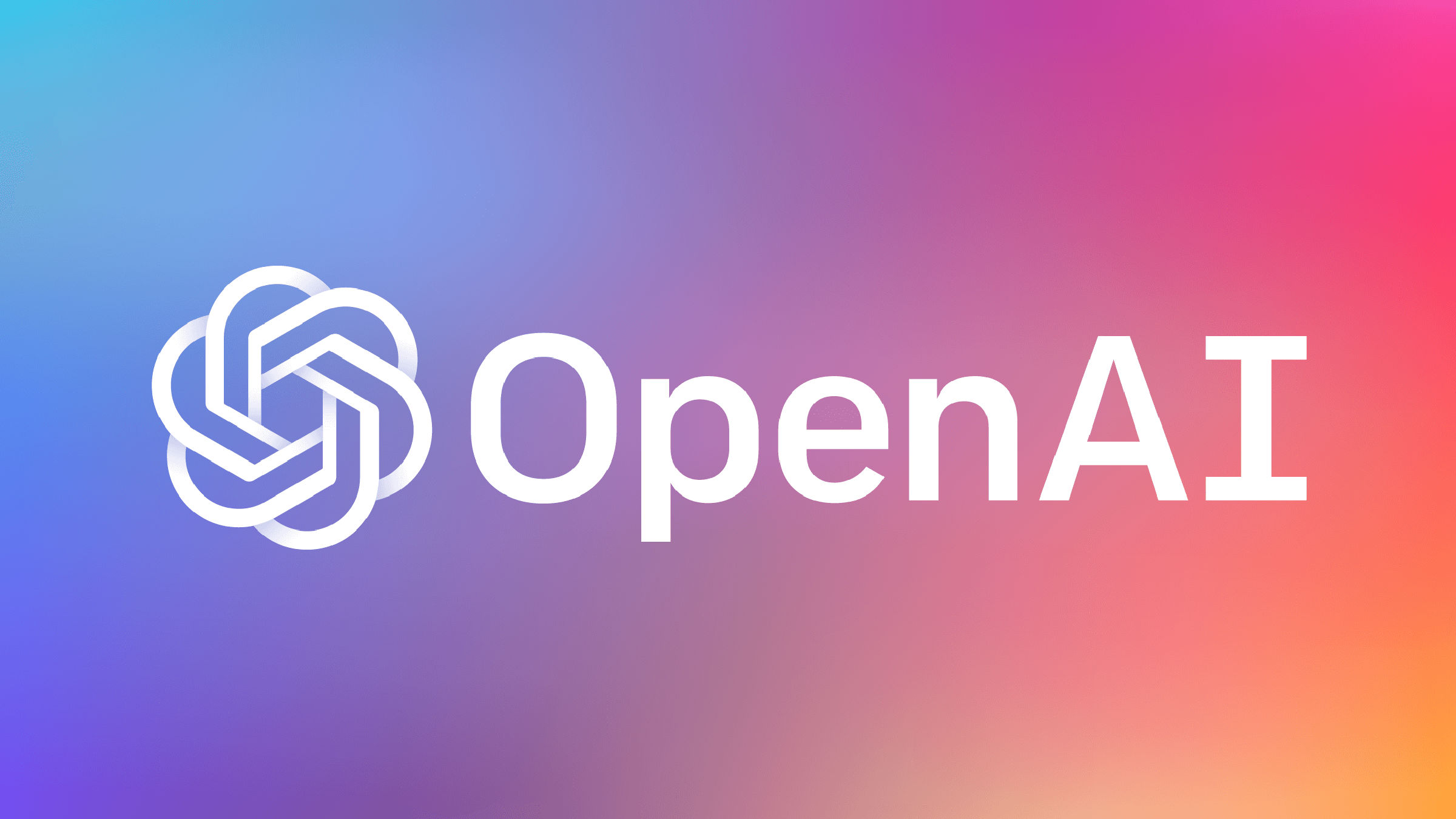
OpenAI’s Revenue Set to Triple to $12.7 Billion in 2025
Mar-27-2025
OpenAI expects its revenue to soar to $12.7 billion in 2025, nearly tripling from previous levels. The AI giant continues to dominate the industry, backed by Microsoft, which reported $13 billion in annual recurring revenue in the fourth quarter—an impressive 175% year-over-year growth.
According to a Bloomberg report, The company has been experiencing some changes in the leadership of the organization. Sam Altman will transition to a research and product development role, while Brad Lightcap will assume the role of operating chief.
These changes are to be made to ensure OpenAI can compete with the increasing competition from Anthropic, Perplexity, Google, and Microsoft.
OpenAI is also funded by SoftBank, which invested $40 billion in the company at a $260 billion post-money equity valuation. The funding will support Stargate, a company formed in a partnership with Oracle and supported by President Donald Trump.
At the same time, OpenAI is improving ChatGPT with native image generation. The feature is available for ChatGPT Plus, Pro, and Team subscribers and for the free GPT-4 users who have access to the GPT-4o. It is expected that enterprise and education users will be able to access it soon.
With strong financial growth, leadership changes, and cutting-edge AI advancements, OpenAI is solidifying its position as a leader in generative AI.
Read more
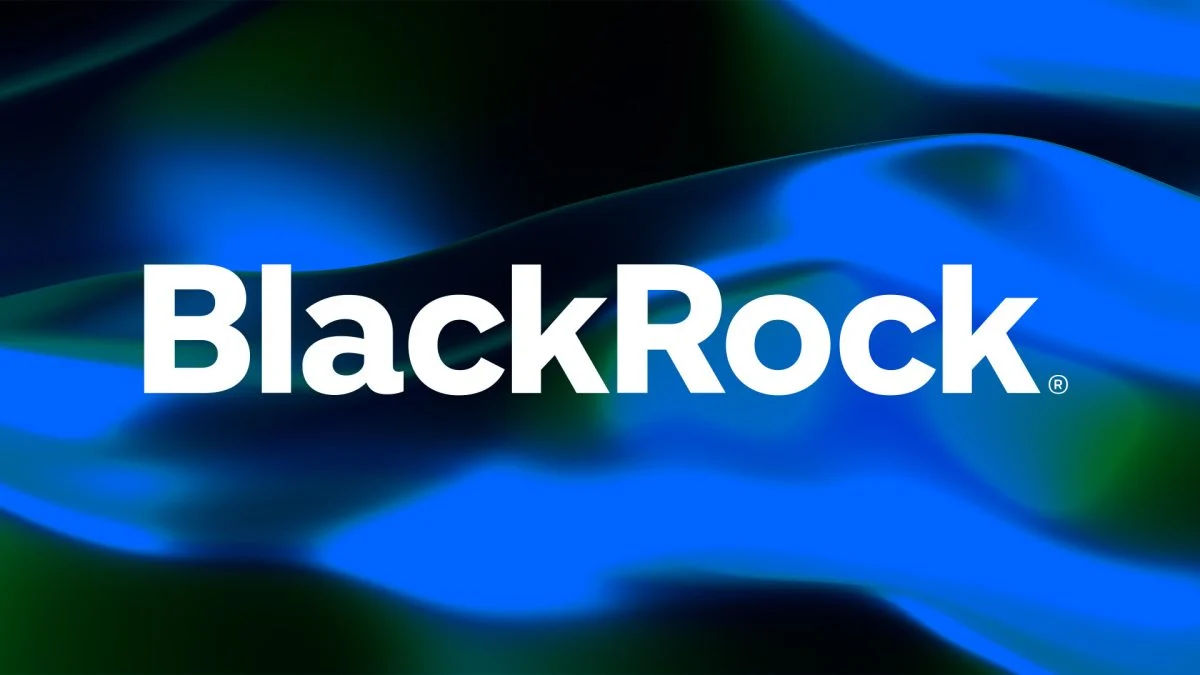
BlackRock BUIDL Fund Boosts Solana, Drives Institutional Interest
Mar-26-2025
BlackRock has expanded its BUIDL fund to include Solana, a move that underscores institutional interest in the blockchain sector. The announcement, made on March 25, marks Solana's growing appeal in institutional circles.
The inclusion of Solana by BlackRock's fund can have far-reaching implications, potentially boosting confidence in blockchain technology. Following the news, Solana's price saw a 2.18% increase in the past 24 hours.
BlackRock Adds Solana to Its BUIDL Fund
BlackRock has added Solana to its BUIDL fund, highlighting the increasing institutional focus on the blockchain platform. The global asset management giant's move signals support from major financial entities and possibly enhances Solana's market standing.
"Our vision for why on-chain finance adds more value is because you can do more things with those assets on chain than you could if [they're] sitting in your brokerage account." — Lily Liu, President of the Solana Foundation
Solana, known for its high-performance blockchain, is supported by multiple institutional portfolios. BlackRock's BUIDL fund expansion marks a significant step, reflecting a broadening acceptance. The leading blockchain platform could witness increased engagement and utility due to this strategic decision.
Solana Sees 2.18% Price Uptick Post Announcement
According to CoinMarketCap data, Solana's current price stands at $142.83 with a 24-hour trading volume of $3.44 billion, reflecting a slight drop by 5.61%. Despite recent price volatility, the asset has seen a 13.41% increase over the past week.
Experts suggest that institutional interest in blockchain projects, like Solana, may lead to increased regulatory scrutiny and enhanced financial opportunities. Historical trends indicate a pattern of adoption spurring technological advancements across blockchain networks.
Institutional Adoption: Historical Insights and Analysts' Views
Past instances of institutional adoption, such as Ethereum's support by ConsenSys, have led to increased investor confidence and growth. Solana's recent inclusion draws parallels to these scenarios, suggesting potential for market expansion.
Kanalcoin analysts highlight that BlackRock's endorsement could trigger enhanced investment activities in cryptocurrencies. Based on data, such institutional moves historically align with significant market shifts, potentially influencing future technology roadmaps for Solana.
Read more
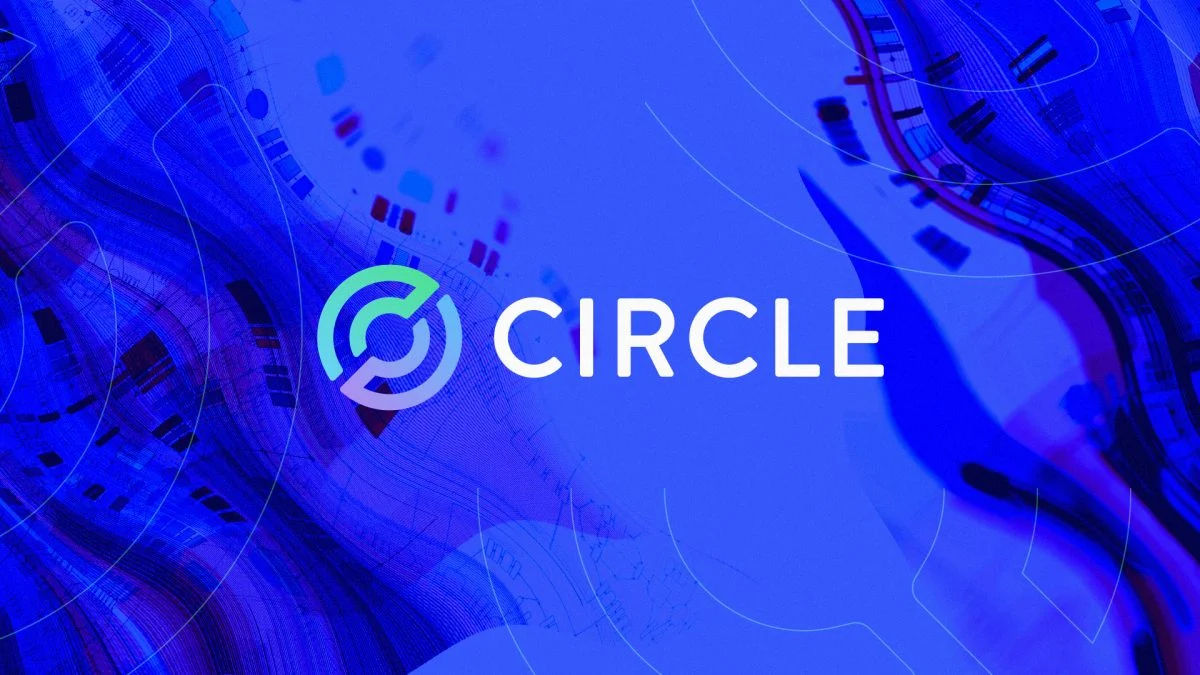
Circle partners with Japan’s SBI Holdings to drive USDC adoption
Mar-25-2025
Circle is bringing USDC to Japan through a partnership with SBI Holdings, marking a major step for stablecoin adoption in the country.
According to a Mar. 25 press release statement, SBI VC Trade, a crypto exchange under SBI Holdings, will begin full-scale USD Coin (USDC) trading on Mar. 26. USDC is now the first international dollar stablecoin to be legally recognized under Japan’s stablecoin framework, following regulatory approval from the country’s Financial Services Agency.
For the past two years, Circle has been working with banking partners and regulators to make this feasible. According to Circle’s chief executive officer Jeremy Allaire, Japan’s transparent stablecoin regulations offer significant prospects for cross-border transactions, digital payments, and financial innovation.
“We are honored to bring USDC to businesses and consumers in the market, and with Circle Japan KK and the strong support of SBI Holdings and leading exchanges, USDC is positioned as a secure and transparent digital dollar that meets the needs of Japan’s evolving digital economy.”
— Jeremy Allaire, CEO of Circle.
SBI Holdings sees this as a critical step in enhancing the usability and accessibility of digital assets for both consumers and businesses. In addition to SBI VC Trade, USDC will soon be listed by Binance Japan, bitbank, and bitFlyer, further broadening its reach.
You might also like: DeFi protocol Stargate integrates Circle’s CCTP for native USDC transfers
Circle has also been increasing USDC adoption outside of Japan. On Mar. 20, GCash, the largest digital wallet in the Philippines with approximately 100 million users, added support for USDC. Stablecoins are starting to play a bigger role in GCash’s remittance market, which handles over $65 billion in transactions annually.
In Dubai, USDC and Circle’s euro-backed EURC became the first stablecoins to be authorized under the new framework of the Dubai Financial Services Authority. They are now available to companies operating in Dubai’s economic free zone, approved for use in financial services, treasury operations, and payments.
With $2.6 billion minted in the last 30 days, USDC’s market capitalization as of Mar. 25 is $59.75 billion, according to data from DefiLlama. Even though Tether (USDT), Circle’s main competitor, still holds 61.93% of the stablecoin market share, regulatory scrutiny of the company is growing especially in Europe, where it has been delisted from several exchanges.
On the other hand, Circle continues to improve its standing as a regulated and widely accepted stablecoin by adhering to the Markets in Crypto Authority regulations.
Read more
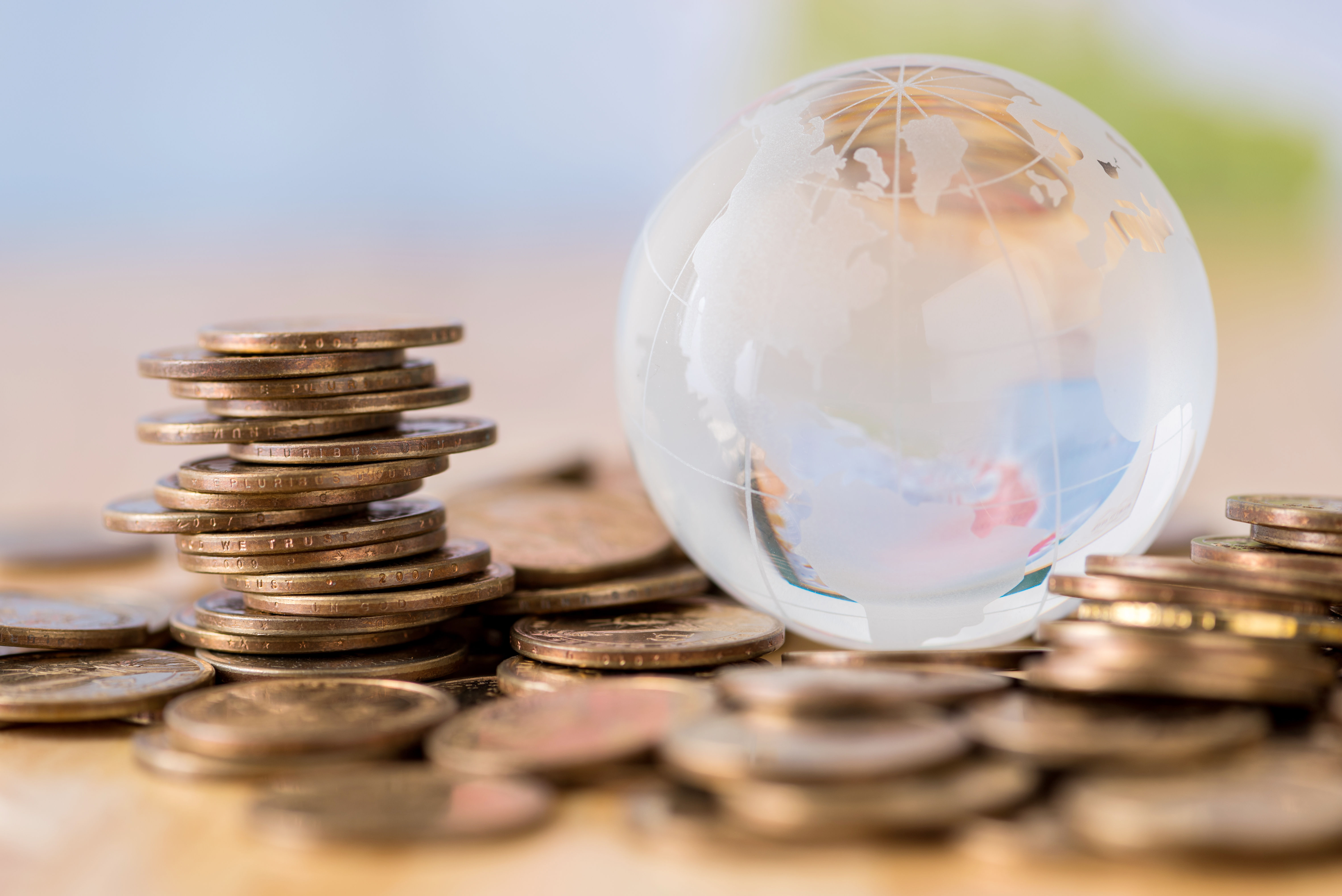
IMF Acknowledges Bitcoin’s Role in Global Economy
Mar-24-2025
In a landmark development, the International Monetary Fund (IMF) has officially recognized Bitcoin (BTC) and various other cryptocurrencies as part of its global economic framework. This significant move, detailed in the latest revision of the Balance of Payments Manual (BPM7), indicates that cryptocurrencies will now be monitored more effectively in global economic assessments, marking a pivotal moment for the crypto landscape.
Did IMF Really Call Bitcoin ‘Digital Gold’?
A claim circulating on social media suggested that the IMF referred to Bitcoin as “digital gold.” This assertion sparked discussions among cryptocurrency enthusiasts, prompting inquiries from prominent industry voices, including Dennis Porter, who sought verification regarding the IMF’s statements.
What Are the Key Points of IMF’s Classification?
Upon further investigation, Porter clarified that the IMF described Bitcoin as “a new cryptocurrency designed as a means of payment or store of value,” emphasizing that it did not officially categorize Bitcoin as digital gold. He pointed out the distinction, noting that Bitcoin’s volatility makes it less stable than gold.
The updated manual classifies Bitcoin and similar cryptocurrencies as “non-productive capital assets,” while stablecoins fall under financial instruments. The new guidelines aim to bring clarity to cross-border transactions, staking, and mining, with these activities now being reported distinctly as export or import services.
IMF’s recognition boosts cryptocurrencies’ legitimacy in global finance.
New regulations improve tracking of cross-border crypto activities.
Bitcoin remains volatile despite its recognized potential.
The IMF’s latest update signals a shift towards greater transparency in the cryptocurrency market, strengthening its position within the broader financial ecosystem and aiding regulatory bodies in their oversight efforts.
Read more






